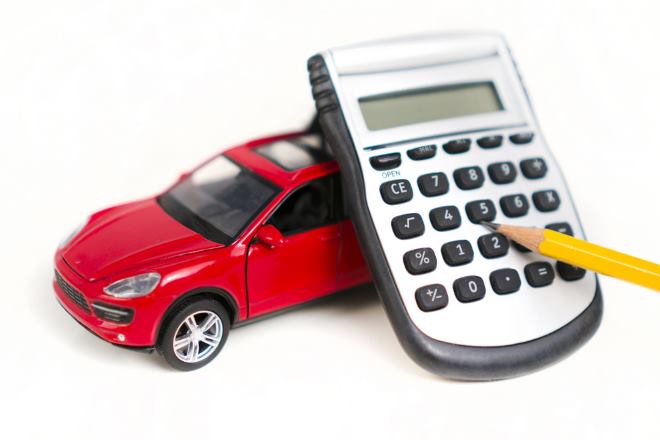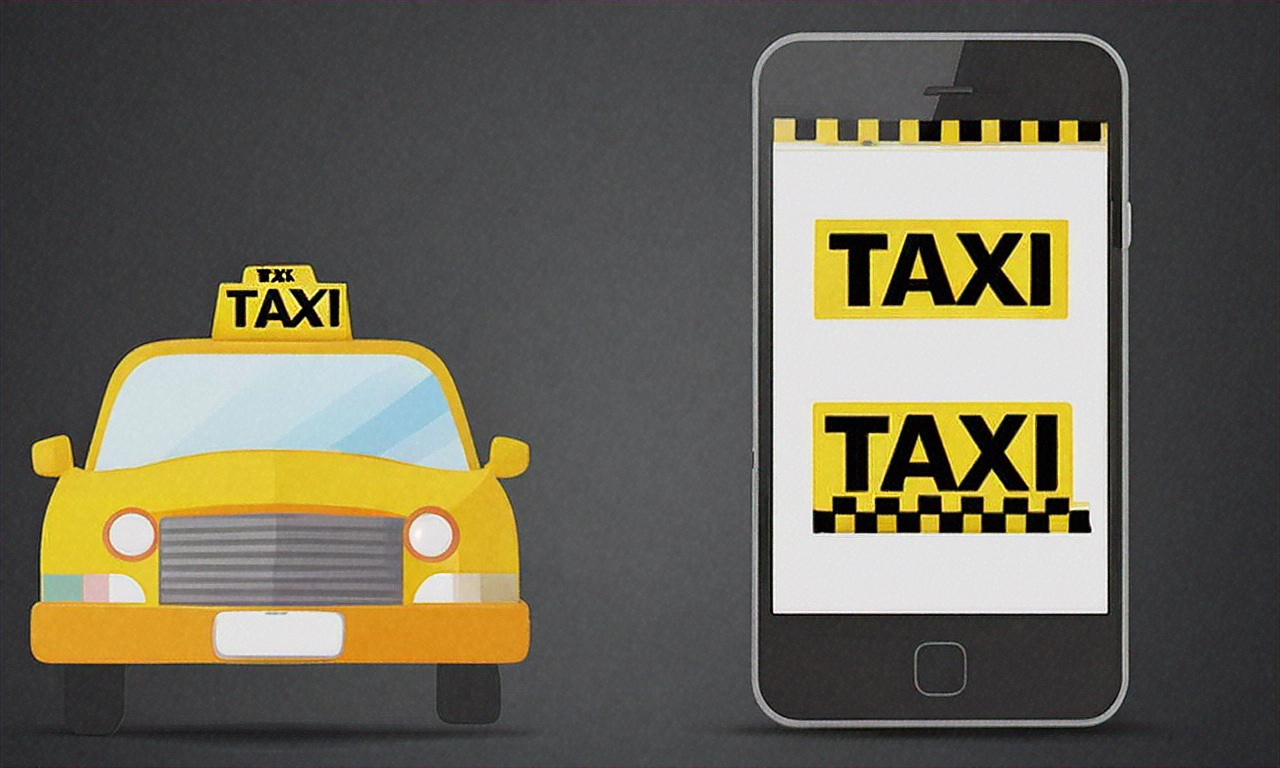Smart Strategies for Buying a Reliable Used Car Today
Explore the used car market with confidence. This guide walks you through inspecting pre-owned vehicles, understanding financing options, where to find the best deals, and recent market shifts like the rise of EVs and online platforms. Learn practical tips, red flags, and how certified pre-owned programs can bridge the gap between new and used, so you can choose the right car for your needs and budget.

The used car market presents a wide range of options for budget-conscious buyers and enthusiasts alike. With careful research and the right approach, you can secure a reliable vehicle, maximize value, and avoid common pitfalls. Below are practical steps and insights to guide your purchase.
How to evaluate a used car’s condition
Begin with a thorough visual inspection. Walk around the vehicle and look for mismatched paint, dents, uneven panel gaps, or signs of rust that could indicate past damage or poor repairs. Check tires for even tread wear and examine the undercarriage for leaks or excessive corrosion.
Inside, assess seat and carpet wear, functionality of switches and infotainment, and any unusual odors. Electronics and safety features should work consistently. Mileage is a key indicator of wear, but context matters: a well-maintained high-mileage car can be a better buy than a low-mileage vehicle that was neglected.
A test drive is essential. Pay attention to engine noise, transmission shifts, braking performance, steering responsiveness, and any vibrations. Try different driving conditions when possible: city streets, highways, and inclines.
Always obtain a vehicle history report to check for accidents, title issues, service records, and odometer discrepancies. Finally, arrange a pre-purchase inspection with a trusted mechanic. A trained technician can uncover mechanical or structural problems that are easy to miss and estimate upcoming maintenance costs.
Benefits of choosing a pre-owned vehicle
The primary advantage of buying used is cost savings. New cars lose significant value in the first few years, so buying pre-owned often lets you afford a higher-spec model or more features for the same money. Insurance premiums and registration fees are usually lower for older vehicles, helping reduce ongoing expenses.
For buyers worried about reliability, certified pre-owned programs offered by many manufacturers provide inspected vehicles with extended warranties and roadside assistance. These vehicles tend to cost more than standard used cars but offer added peace of mind. In many cases, buying slightly older but well-maintained cars provides the best balance of value and dependability.
What to consider when financing a used car
Interest rates on used car loans are generally higher than on new car financing, so compare offers from banks, credit unions, and online lenders before committing. Getting preapproved gives you negotiation power and a clearer budget.
Think carefully about the loan term. Longer terms lower monthly payments but increase total interest paid. Factor in recurring costs like insurance, fuel, routine maintenance, and potential repairs when calculating what you can afford.
Ask lenders about restrictions: some will not finance vehicles over a certain age or mileage, or they may require a larger down payment. Consider gap insurance if you owe more than the car is worth early in the loan, and prioritize building a buffer for unexpected repair bills.
Where to find good used cars
Dealerships: Offer broader selections, trade-in options, and sometimes short return windows or limited warranties. Prices can be higher, but the transactional protections are greater.
Private sellers: Often the lowest prices, but sales are typically as-is with less consumer protection. Insist on inspection and a clear title when buying privately.
Online marketplaces and auction sites: Provide wide access and easy comparison shopping, but beware of listings without thorough histories or seller transparency. Use trusted platforms that offer buyer protections when possible.
Manufacturer certified pre-owned programs: Costlier than typical used cars but include multi-point inspections, extended warranties, and often service perks.
| Source | Typical Price Range | Advantages | Considerations |
|---|---|---|---|
| Franchise Dealer | Moderate to high | Warranty options, trade-in, consumer protections | Higher prices, dealer fees |
| Private Seller | Low to moderate | Best prices possible | As-is sales, limited recourse |
| Online Marketplace | Wide range | Easy comparison, convenience | Varying seller reliability |
| Certified Pre-Owned | Higher | Thorough inspection, extended warranty | Premium price |
Cost disclaimer: Prices shown are illustrative estimates; actual costs vary by location, vehicle condition, mileage, and market conditions.
Recent trends reshaping the market
Online platforms have transformed research and purchasing. Buyers can now compare prices, read user reviews, and access vehicle history reports in minutes. This transparency has increased competition and narrowed pricing spreads for similar models.
Electric and hybrid vehicles are becoming more common in the used market. While they offer lower operating costs, check battery health, warranty coverage for battery packs, and the availability of local charging infrastructure before buying.
The pandemic caused supply chain disruptions for new vehicles, pushing more buyers to the used market and elevating prices. That made thorough research and patience more valuable than ever; waiting for market corrections or expanding your search area can lead to better deals.
Final checklist and negotiation tips
Before finalizing any purchase, confirm a clear title and up-to-date maintenance records. Use the pre-purchase inspection results and vehicle history report to negotiate repairs or a lower price. Set a firm walkaway limit based on total ownership cost, not just the sticker price. If financing, compare total loan costs rather than monthly payments alone.
Buying used can yield excellent value when you inspect carefully, shop smart for financing, and choose the right buying channel for your comfort level. Whether you want a dependable daily driver or a classic project car, the used car market holds many opportunities for informed buyers.





